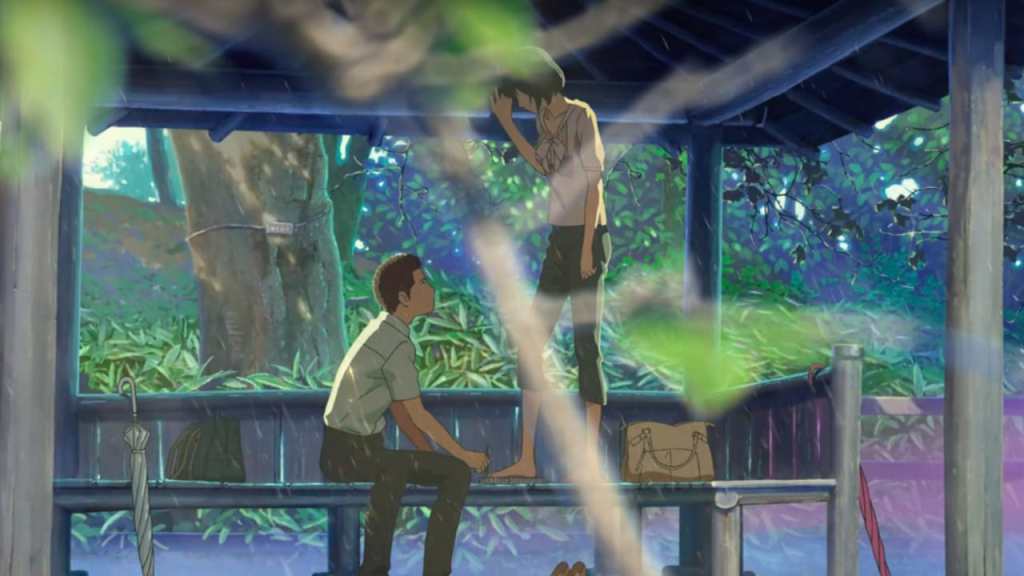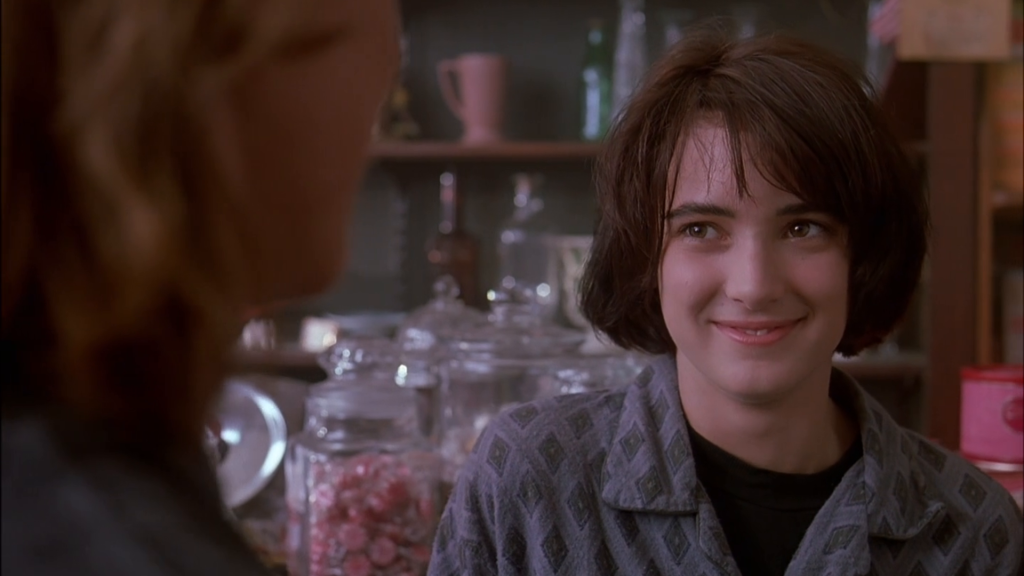 1999 saw the release of Pierce Brosnan’s third film as British secret agent James Bond – and the 19th film in the franchise overall. The World is not Enough captures the EON production team at a high point of comfort: GoldenEye (1995) brought the character back to the screen after a six-year absence, and Tomorrow Never Dies (1997) was a deeply troubled program dragged onto the screen through an industry-wide writers strike. The World is not Enough allowed the team to indulge in a successfully re-tested formula with time to relax and take advantage of Bond’s ongoing success – which may be why it feels so oddly unsatisfying.
1999 saw the release of Pierce Brosnan’s third film as British secret agent James Bond – and the 19th film in the franchise overall. The World is not Enough captures the EON production team at a high point of comfort: GoldenEye (1995) brought the character back to the screen after a six-year absence, and Tomorrow Never Dies (1997) was a deeply troubled program dragged onto the screen through an industry-wide writers strike. The World is not Enough allowed the team to indulge in a successfully re-tested formula with time to relax and take advantage of Bond’s ongoing success – which may be why it feels so oddly unsatisfying.
After the murder of a rich industrialist – and friend of the spymaster M (Judi Dench) – James Bond (Pierce Brosnan) is dispatched to Azerbaijan to protect the industrialist’s daughter and heir Elektra King (Sophie Marceau). Soon she is targeted by the terrorist-for-hire Renard (Robert Carlyle), and an insider in her organization appears to be helping him.
It does not appear to be a lack of talent that makes The World is not Enough so underwhelming. Instead it feels more like a lack of hunger. After two successful features the production team behind Bond have nothing new to prove, and thus no real need to play with a formula. The narrative is rather poorly defined, and brings oddly low stakes. In GoldenEye Bond fought to save London from being obliterated. In Tomorrow Never Dies he prevents war between the UK and China. Here he fights to protect one woman from assassination and to save an oil pipeline.
If the emotional stakes were high enough this personal focus might work. Sadly the film feels leaden and overly long. Its pre-credits sequence, usually a highlight of a Bond picture, takes 15 excruciating minutes to reach the opening titles. It also takes an oddly long time for Bond to meet the film’s villain Renard.
Renard is a bizarrely hollow villain. He is given little-to-no backstory, a poor sense of depth, and no particular motivations. What is more, his near-supernatural power – he feels no pain due to an ongoing brain injury – is never fully exploited or investigated by the plot. Robert Carlyle is a tremendously charismatic and talented actor, but he is fully exposed here without a screenplay with which to build a performance. It seems a terrible waste – particularly after the showy roles afford to Sean Bean and Jonathan Pryce in the two preceding films.
It also short-changes Denise Richards, whose characterisation as nuclear physicist Christmas Jones is entirely lacking. Richards, a performer with limited range but a workable talent, flounders with a character given no depth or hooks for audience engagement whatsoever. Sophie Marceau is a much stronger actor, and gets an awful lot more screen-time and back story – but even she seems to lack the character detail that the slower pace demands. The film clearly wants more dramatic weight than Brosnan’s earlier efforts, but the screenplay fails to provide. Bond’s final scene with her character Elektra should be one of the franchise’s most emotionally effective moments. Instead it spends dramatic capital the preceding scenes simply do not earn. The hiring of Michael Apted as director of this film really suggests a desire for something weightier than the standard. One wonders why they hired him at all.
Its dramatic aspirations are also let down by a surfeit of sexual innuendos; a Bond standard that reached their height during the ribald days of Roger Moore, but which feel deeply inappropriate and tedious in the more conservative late 1990s.
Ultimately The World is not Enough is a mess. It feels under-cooked and oddly lazy. It loses the pace and energy that made Brosnan’s first two outings feel so contemporary and aggressive. It loses its balance between playful banter and tired sleaze. It throws away good actors and sacrifices pace without providing any complexity in return. The third film is an actor’s run is usually when the format clicks together and brings some of Bond’s strongest instalment: Sean Connery had GoldFinger (1964) and Roger Moore The Spy Who Love Me (1977). For Brosnan, it simply all falls flat. This is a flaccid, disappointing, missed opportunity.





Leave a comment